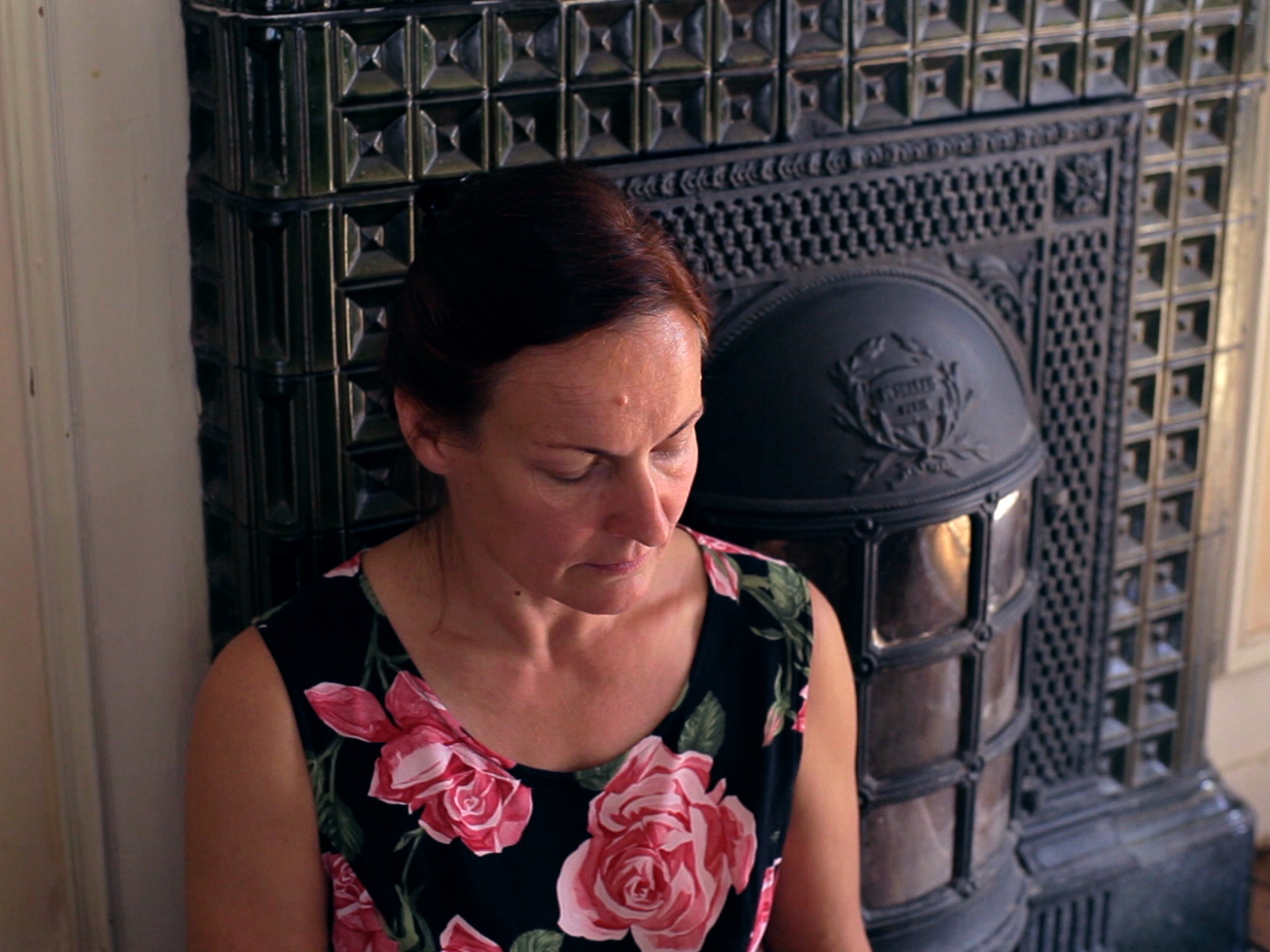
In the text "From 'L'exercitation'", Montaigne tells us about his fall from his horse and shows us how we transform what is painful or threatening into experience, the danger in what saves.
EN
“A reordered variation of Montaigne's "On Practice". 34 minutes. 22 images. While unintended, an ingeniously faceted and underdetermined expansion on the calculus of Morgan Fisher's Picture and Sound Rushes. Image. Sound. Black screen. Silence. A set of the options. With singular sub-options. The proxy co-lead, a Paul Landowski statue of Montaigne facing south toward the Sorbonne from the edge of Place Paul Painlevé (Jean's father) on Rue des Écoles in the 5th arrd. A "difficult" film some say – certainly for those who enter with entitled filmic expectations, who strain at reading, or who are uninterested in the building blocks of cinema. A coarse-grained adaptation film, adapted barely. A literalness. A script often held just offscreen by the film's other co-lead, Barbara Ulrich, who reads and reads precisely. Removed is the afflatus of most cinematic adaptation. What remains is something closer to the efforts of Borges' fictional "Pierre Menard", who re-writes Cervantes' Don Quixote as-is, word for word. Though not quite that either. Tiny 5D images. No need for more. Emerging over a classical ground. A Renaissance rumination by Montaigne. A change of position on his part. Formerly, he had written that "to philosophize is to learn how to die." Inspired by the preparatory deathbed speeches of his dearest friend, the protoanarchist Étienne de La Boétie. Though here, perhaps following on from Lucretius' On the Nature of Things, and inspired by his own near-death experience of being struck down off a horse, Montaigne takes on a sense of the contingency of life and of a possibly unpredictable death. A change of perspective not unusual for the essayist who, from his early adult years, sought to appraise conflicting documents and points of view. Likely heeding the clarion call of Aeschylus – audi alteram partem. We find Straub here again stripped down to no-nonsense.”
C.W. Winter1

